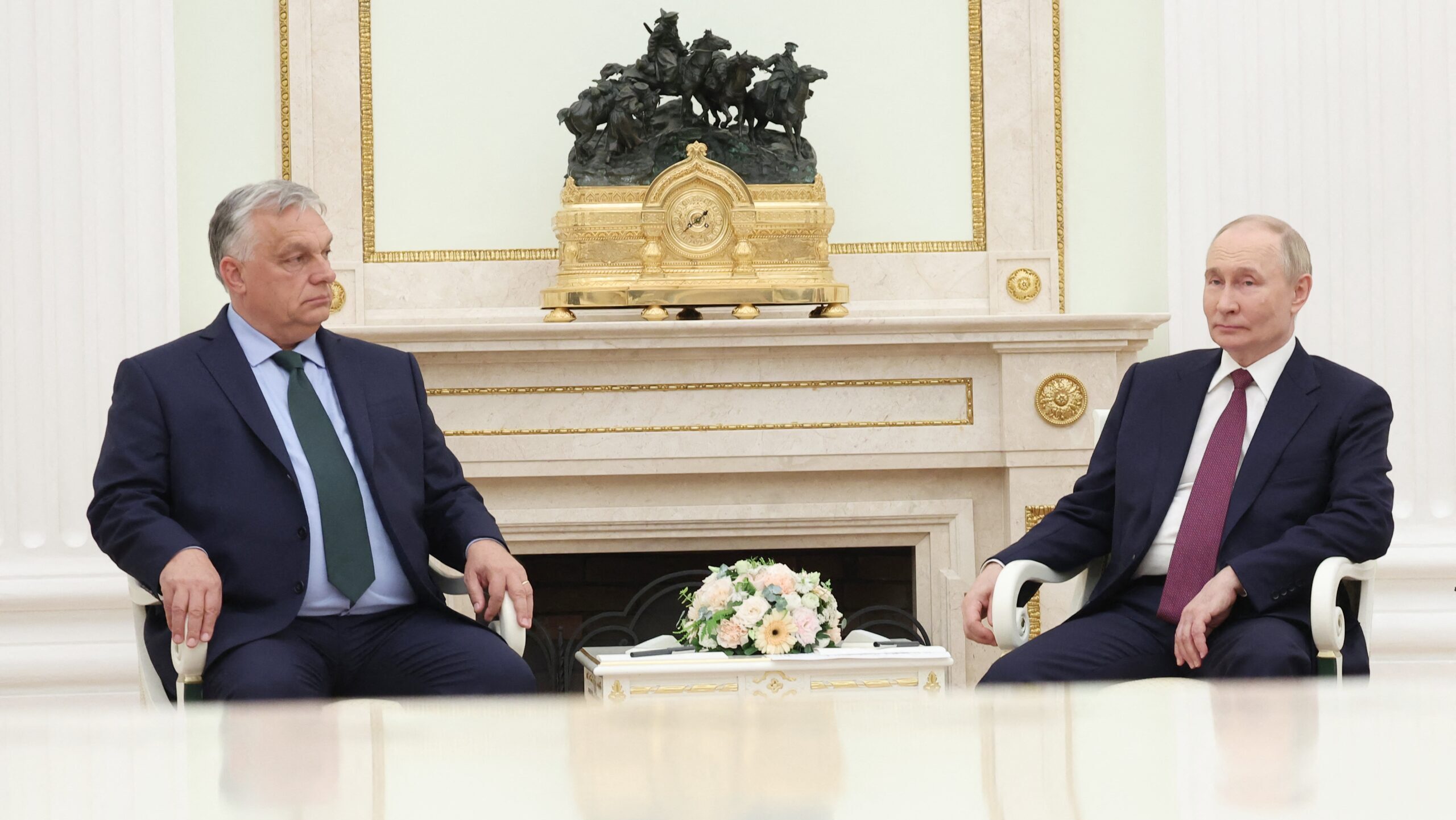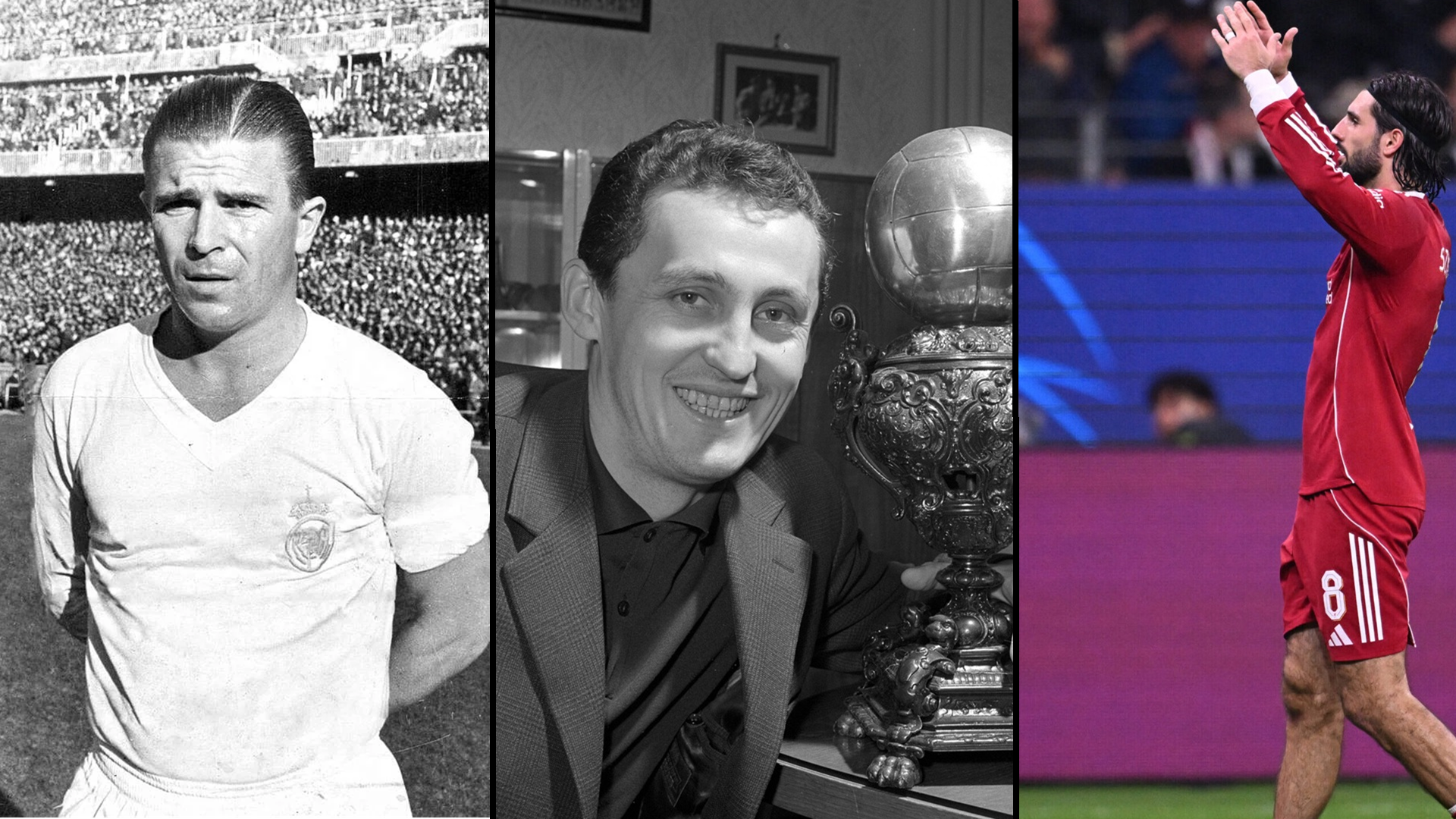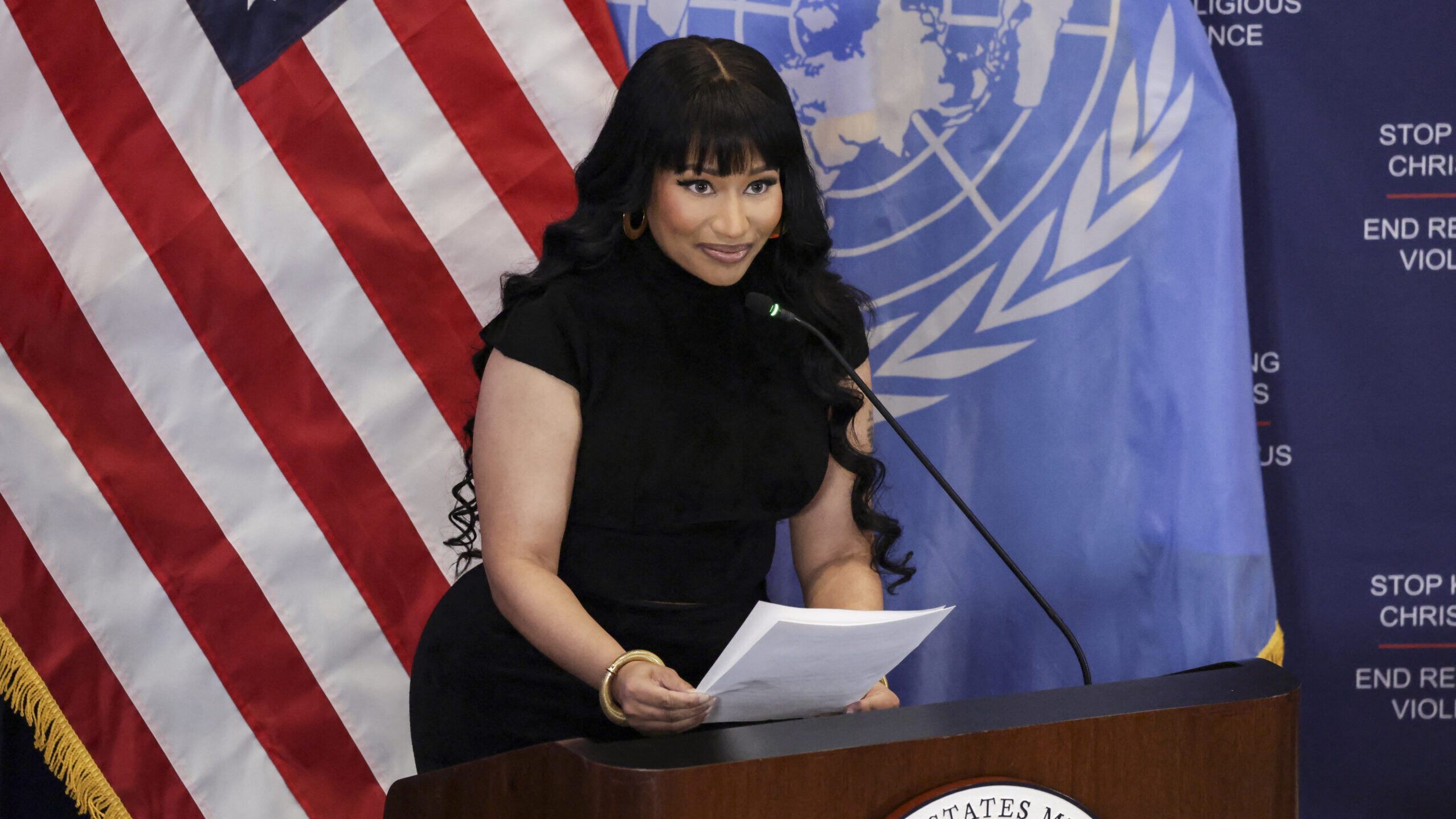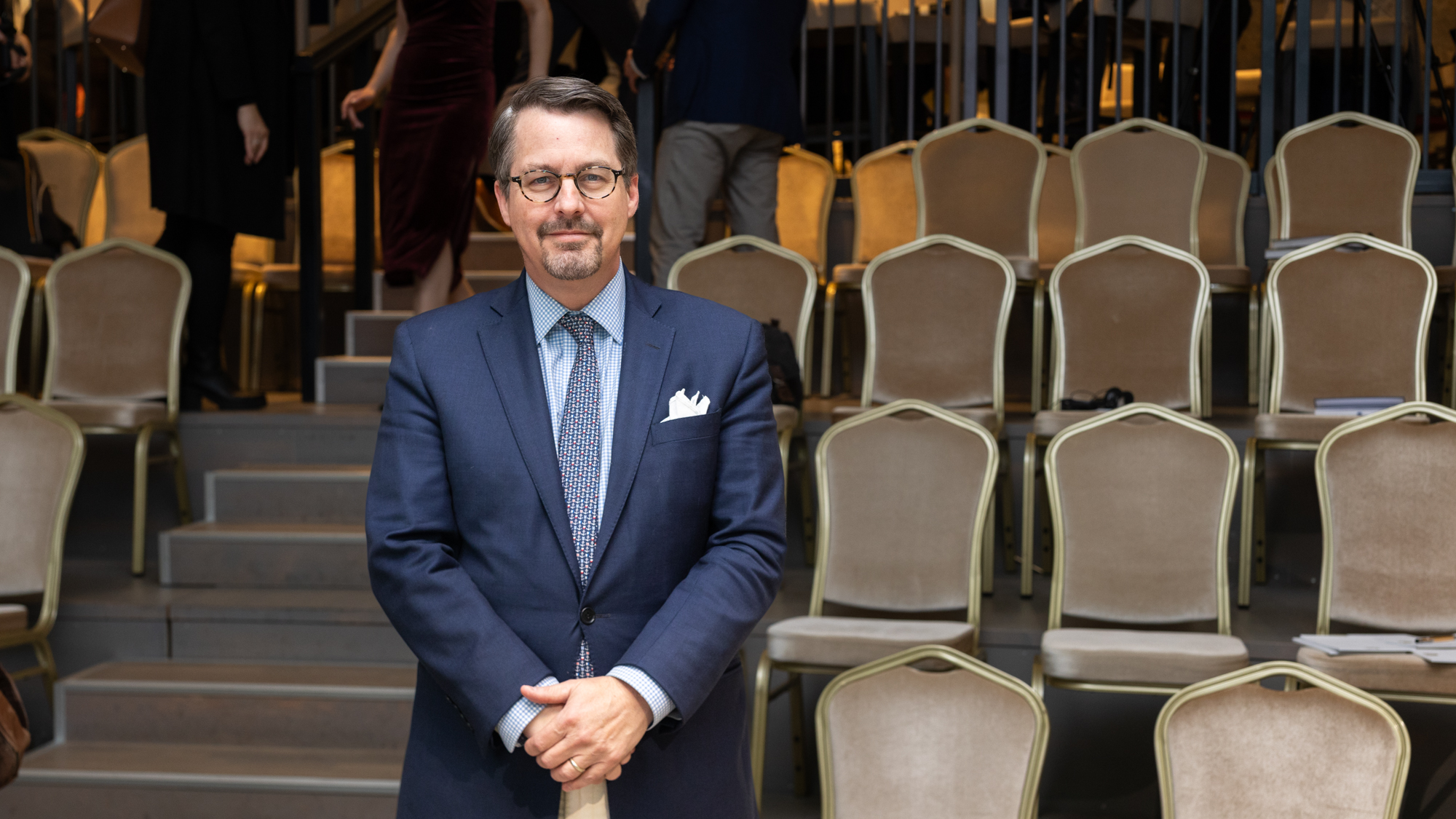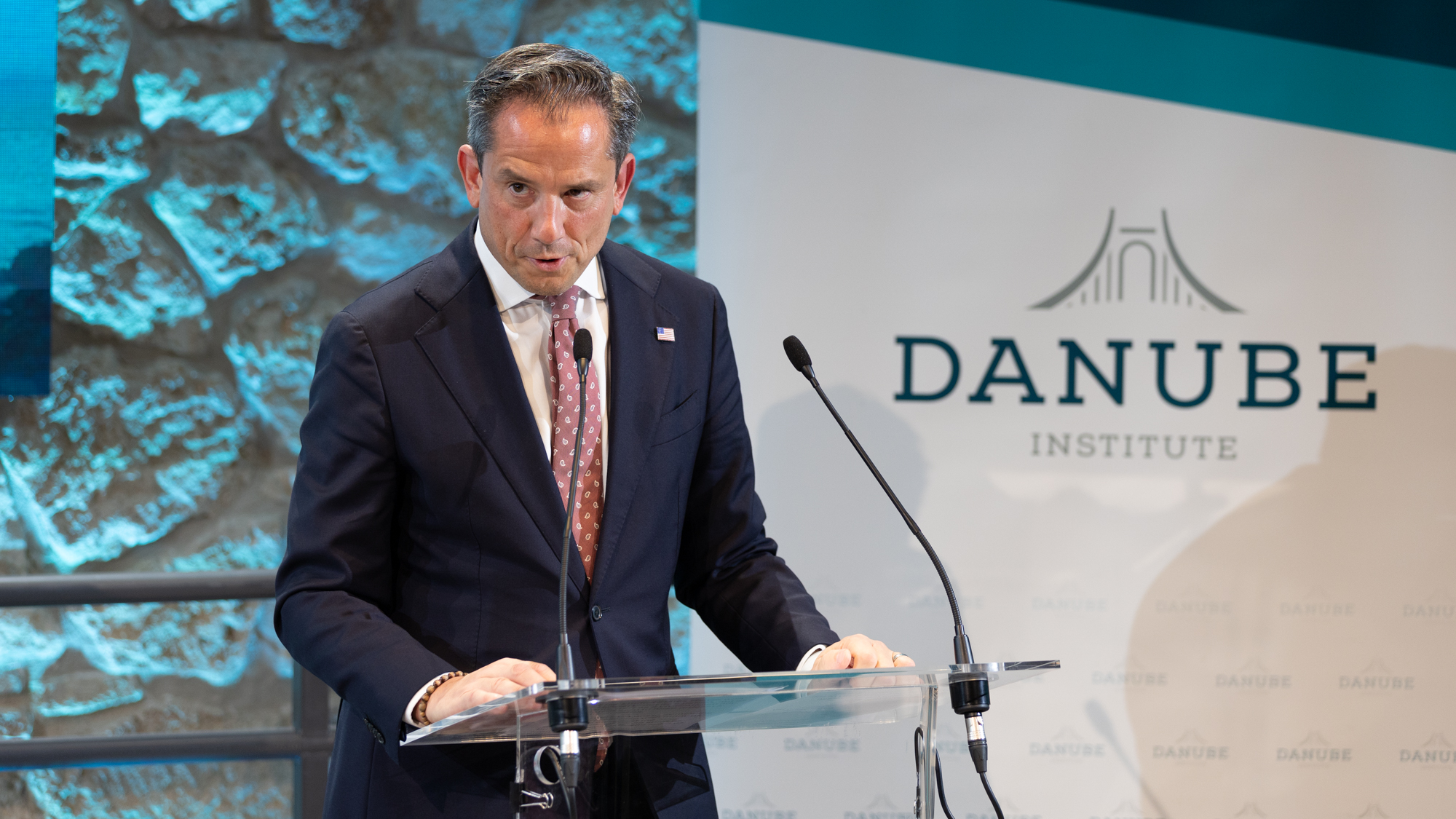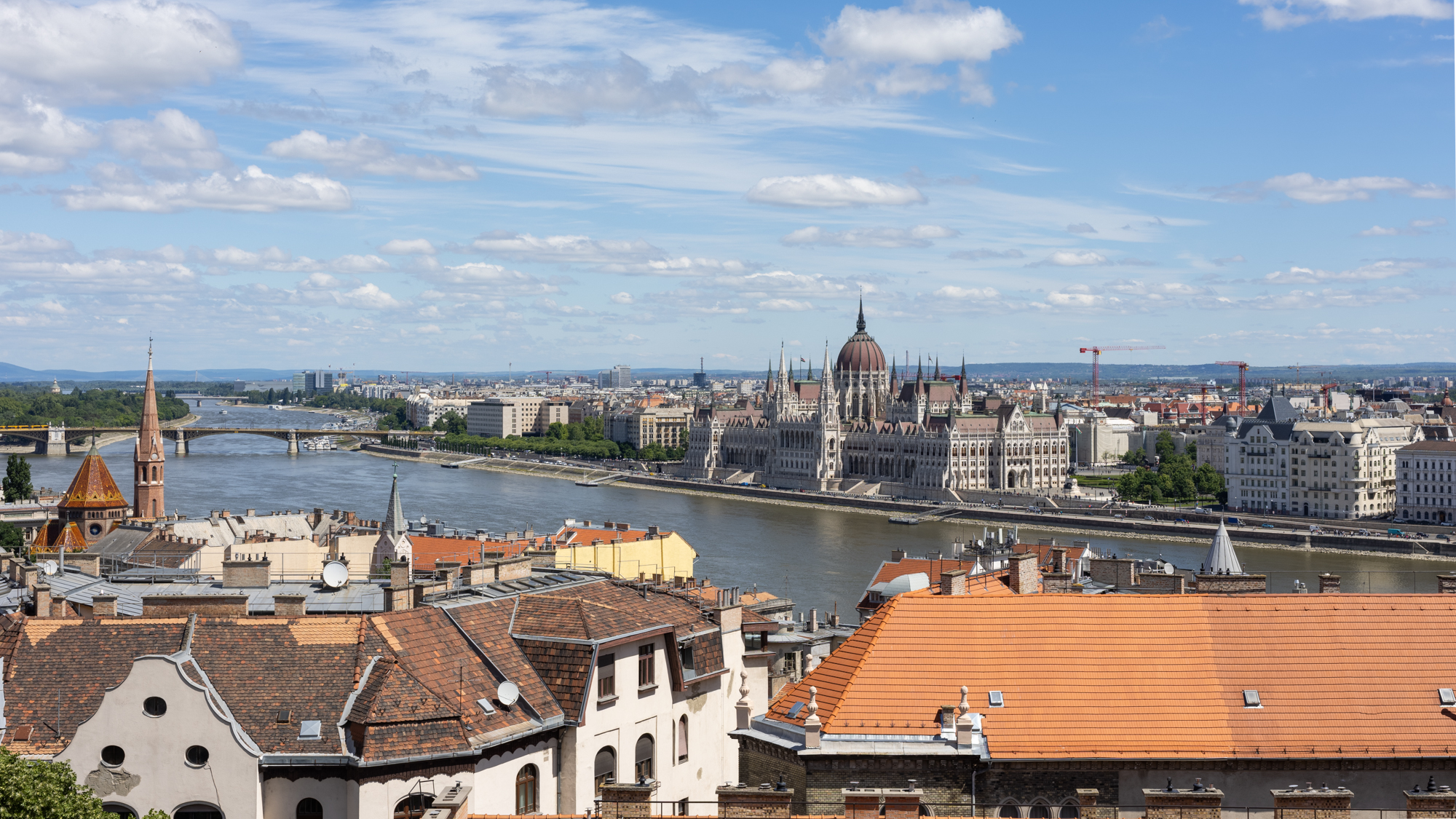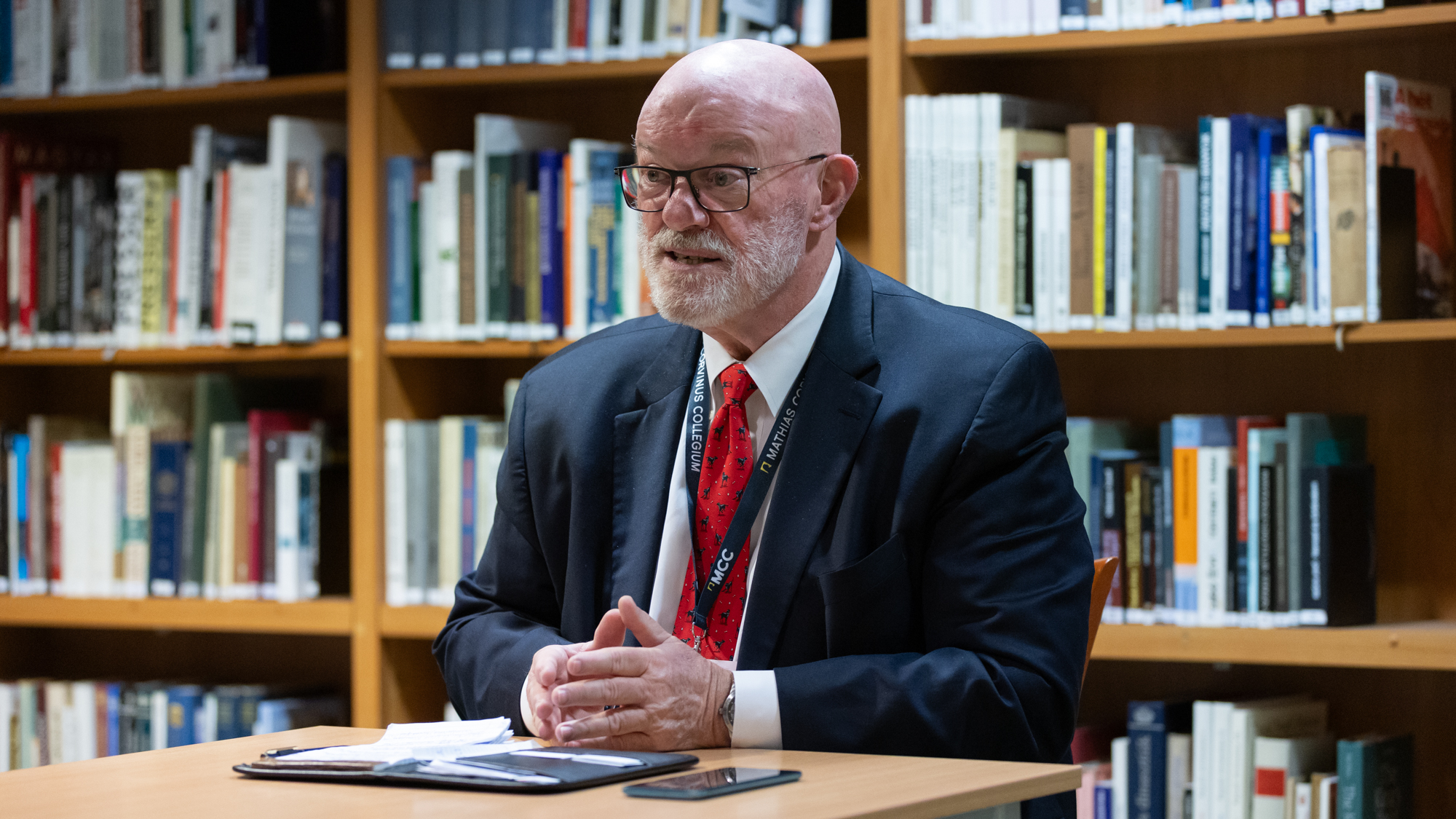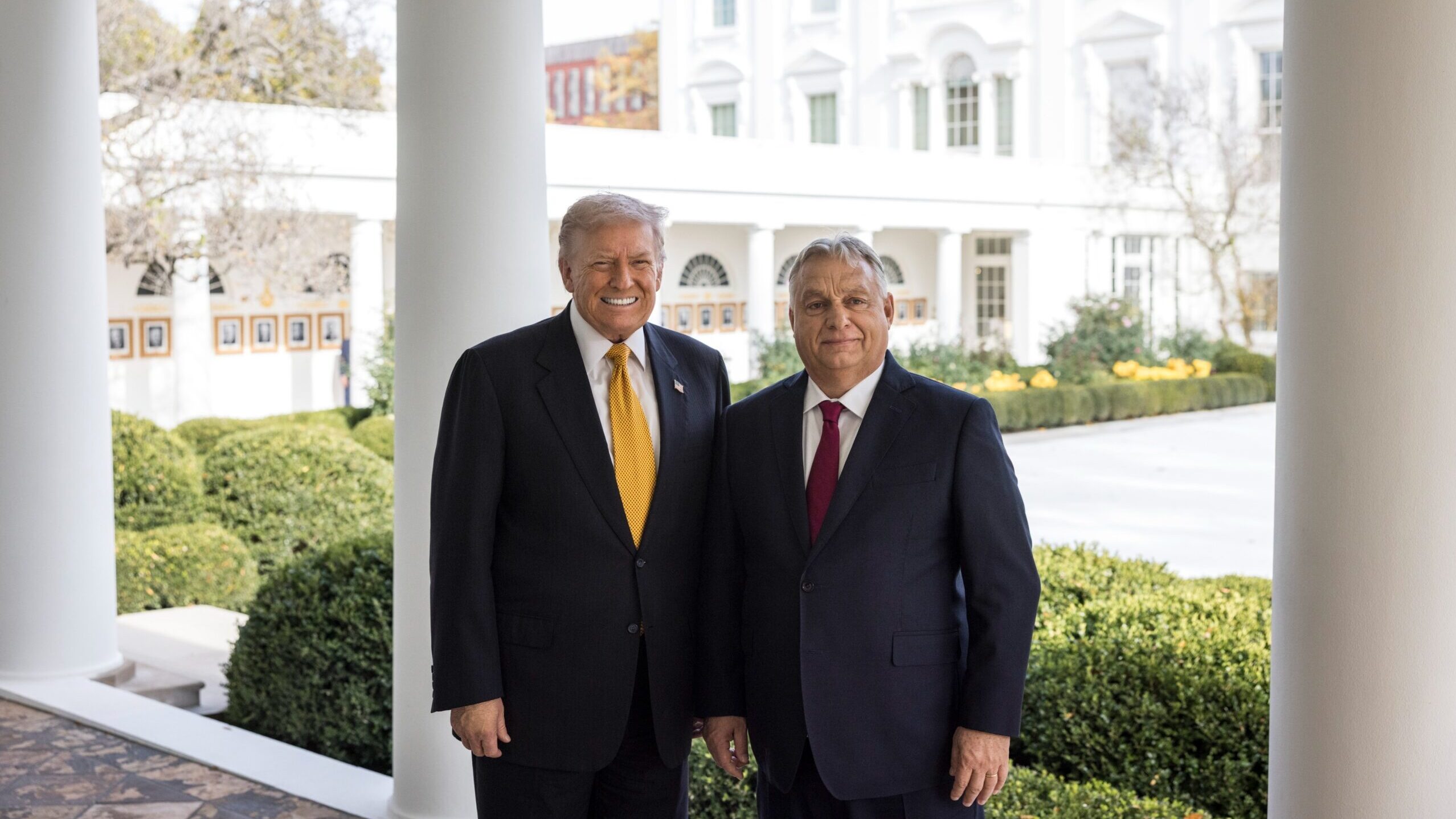
Cancelled Super Progressive Movie Triggers Massive Woke Meltdown
Progressives are in full meltdown over A Super Progressive Movie, a January 2026 satire produced by Australian senator Pauline Hanson. The film mocks woke ideology through the story of four Melbourne activists thrown into an Australia where Hanson is prime minister—a premise that has already triggered outrage.

